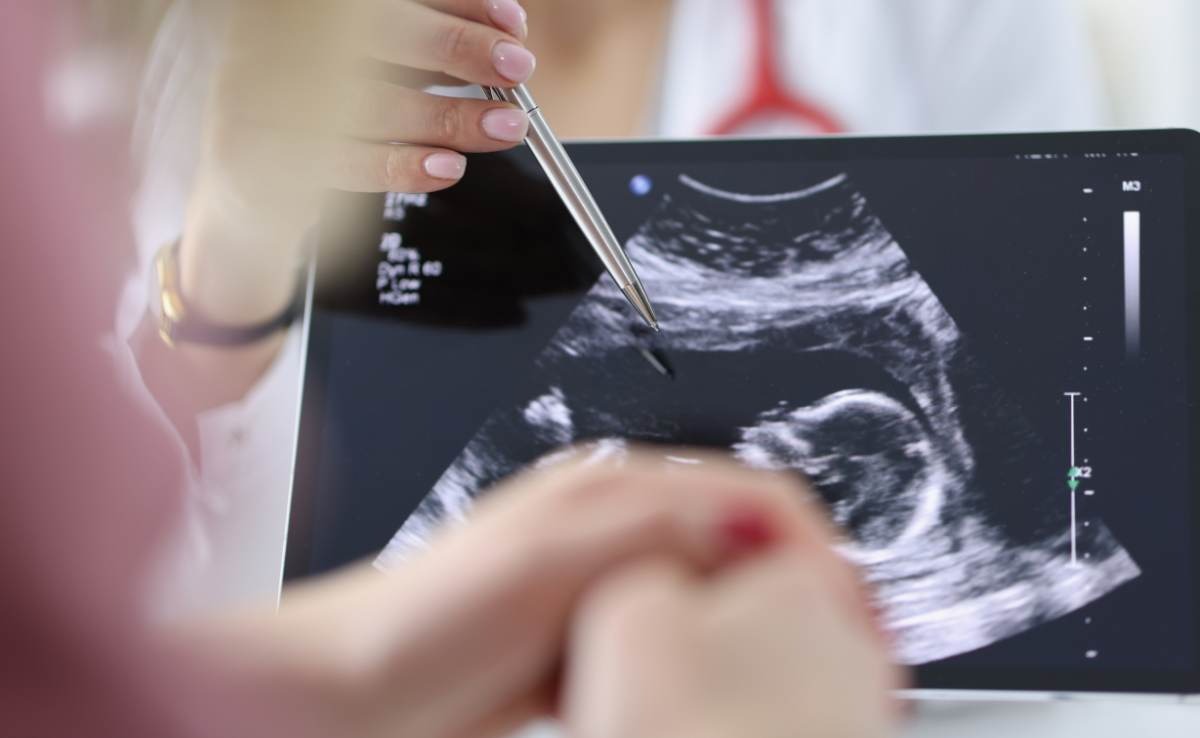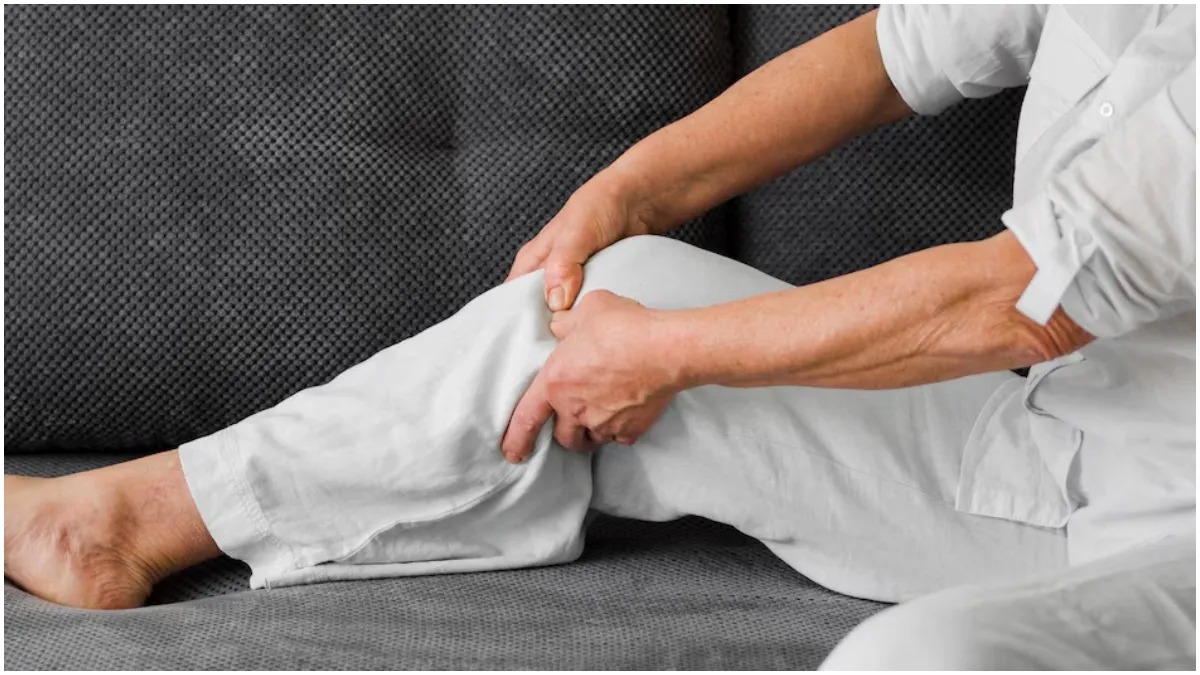
Health : Pregnancy brings about numerous changes in a woman's body, including an increased risk of developing haemorrhoids due to factors like hormonal changes, increased blood volume, and pressure from the growing uterus. Hemorrhoids can cause significant discomfort during an already challenging time. Commonly referred to as piles, haemorrhoids are a frequent concern for expectant mothers. Preventing haemorrhoids during pregnancy is crucial for maintaining comfort and overall health. By adopting specific measures and lifestyle adjustments, pregnant women can significantly reduce the risk of developing haemorrhoids and manage symptoms effectively. Fortunately, there are effective measures that expectant mothers can take to prevent hemorrhoids and ensure a more comfortable pregnancy journey.
Essential tips for hemorrhoid prevention during pregnancy
Implementing specific lifestyle and dietary modifications can significantly reduce the likelihood of developing haemorrhoids during pregnancy.
1. Maintain a high-fibre diet
Fibre aids in softening stools and promoting regular bowel movements, minimising straining during defecation—a primary cause of haemorrhoids. Incorporate plenty of fruits (e.g., apples, berries), vegetables (e.g., broccoli, leafy greens), whole grains (e.g., oats, brown rice), and legumes (e.g., beans, lentils) into daily meals. Aim for at least 25-30 grams of dietary fibre per day. Also consider adding a natural fibre supplement after consulting with a healthcare provider if dietary intake is insufficient.
2. Stay hydrated
Adequate fluid intake works synergistically with fibre to ease bowel movements and prevent constipation. Drink at least 8-10 glasses of water daily, adjusting for activity level and climate. Include hydrating foods such as cucumbers, watermelon, and citrus fruits. Limit diuretics like caffeine, which can lead to dehydration.
3. Engage in regular physical activity
Exercise stimulates intestinal function and improves circulation, reducing pressure on veins and aiding in the prevention of haemorrhoids. Here are a few safe exercise options, however, always consult with a healthcare provider before starting or continuing an exercise regimen during pregnancy.
a. Walking
A low-impact activity suitable throughout most of pregnancy.
b. Prenatal Yoga
Enhances flexibility and promotes relaxation.
c. Swimming
Supports the body and reduces strain while providing a full-body workout.
4. Avoid prolonged sitting or standing
Remaining in one position for extended periods increases pressure on rectal veins, contributing to haemorrhoid development. Instead of relaxing at one place, take short breaks to move around if sitting or standing for long durations is unavoidable. Use a comfortable, cushioned seat when sitting and elevate feet slightly to reduce pressure. Practice pelvic tilt exercises to alleviate pressure on the lower back and rectal area.
--Advertisement--

 Desk
Desk Share
Share






